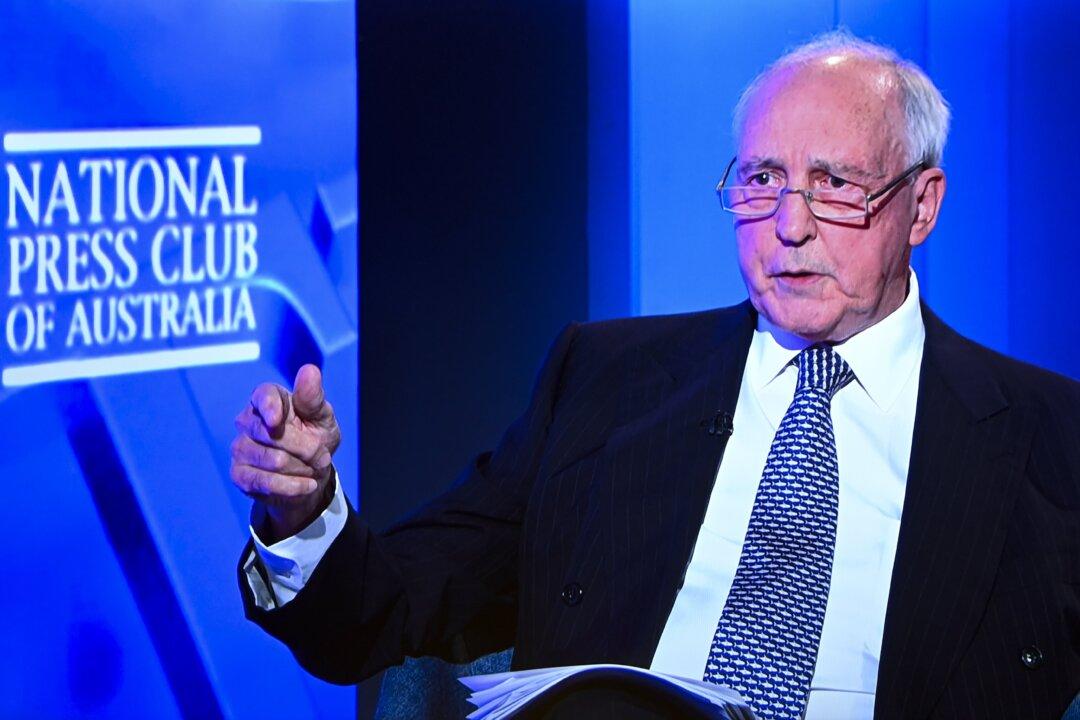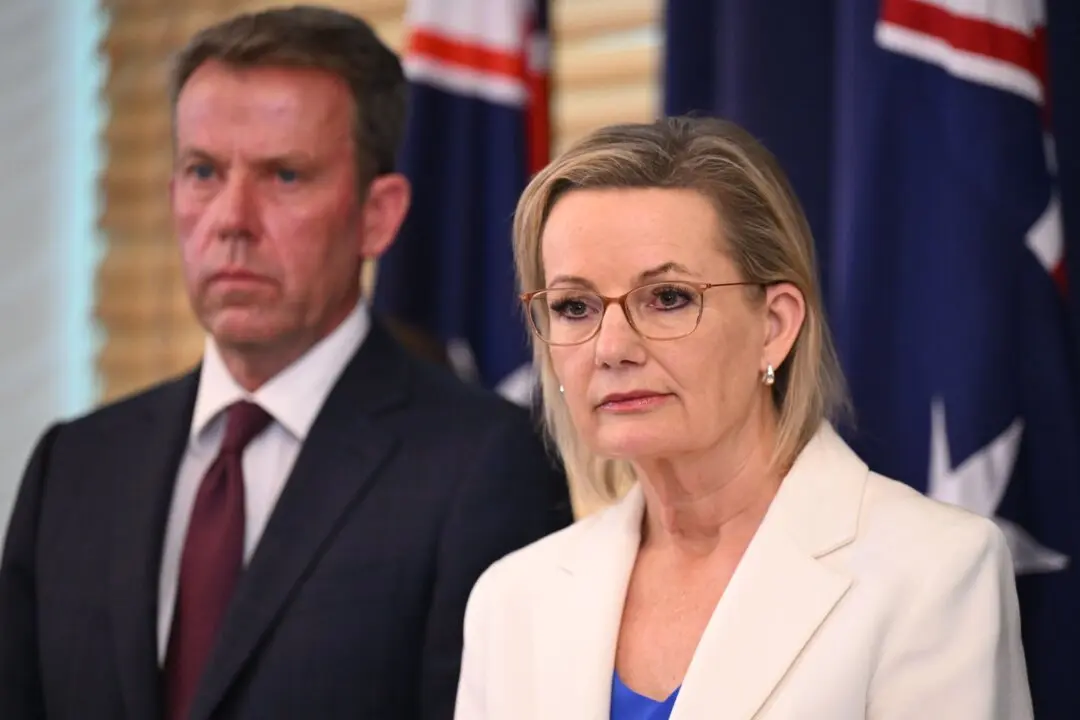Former Labor Prime Minister Paul Keating has savaged senior Labor Party ministers for continuing with the AUKUS deal while claiming it will make the country “subordinate to the United States.”
The former leader of the nation launched multiple salvos during an address to the National Press Club just a day after details of AUKUS were unveiled in San Diego by U.S. President Joe Biden, UK Prime Minister Rishi Sunak, and now-Labor Prime Minister Anthony Albanese.





